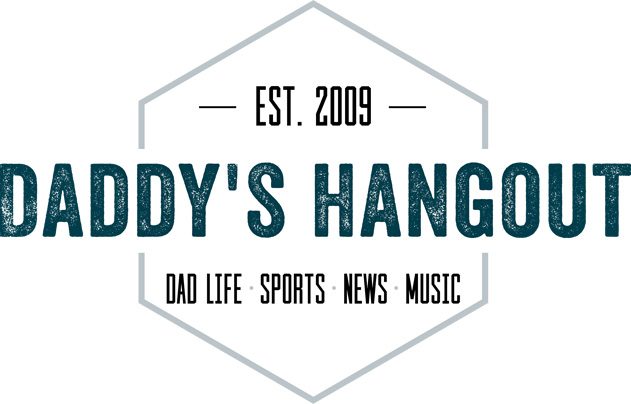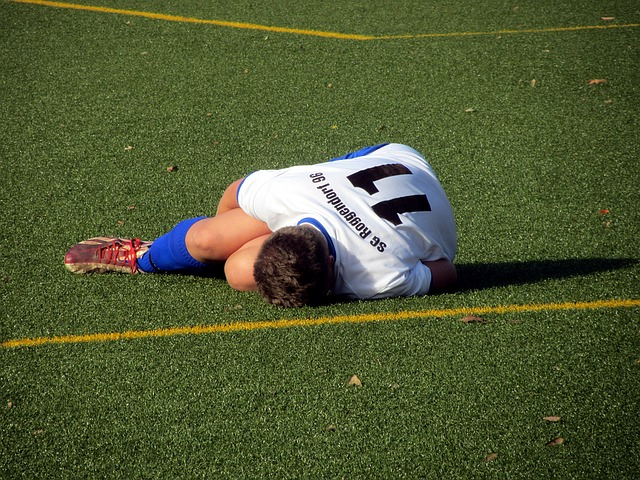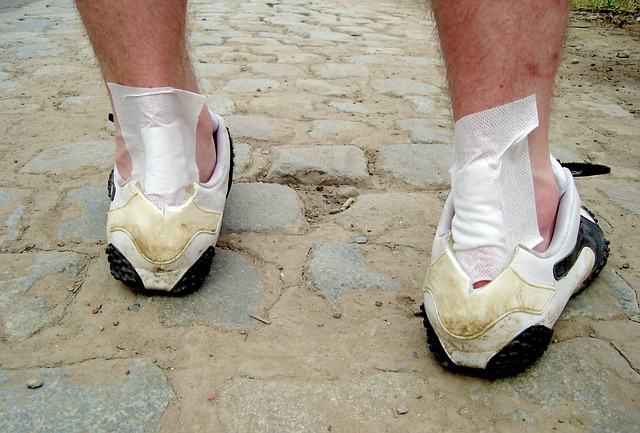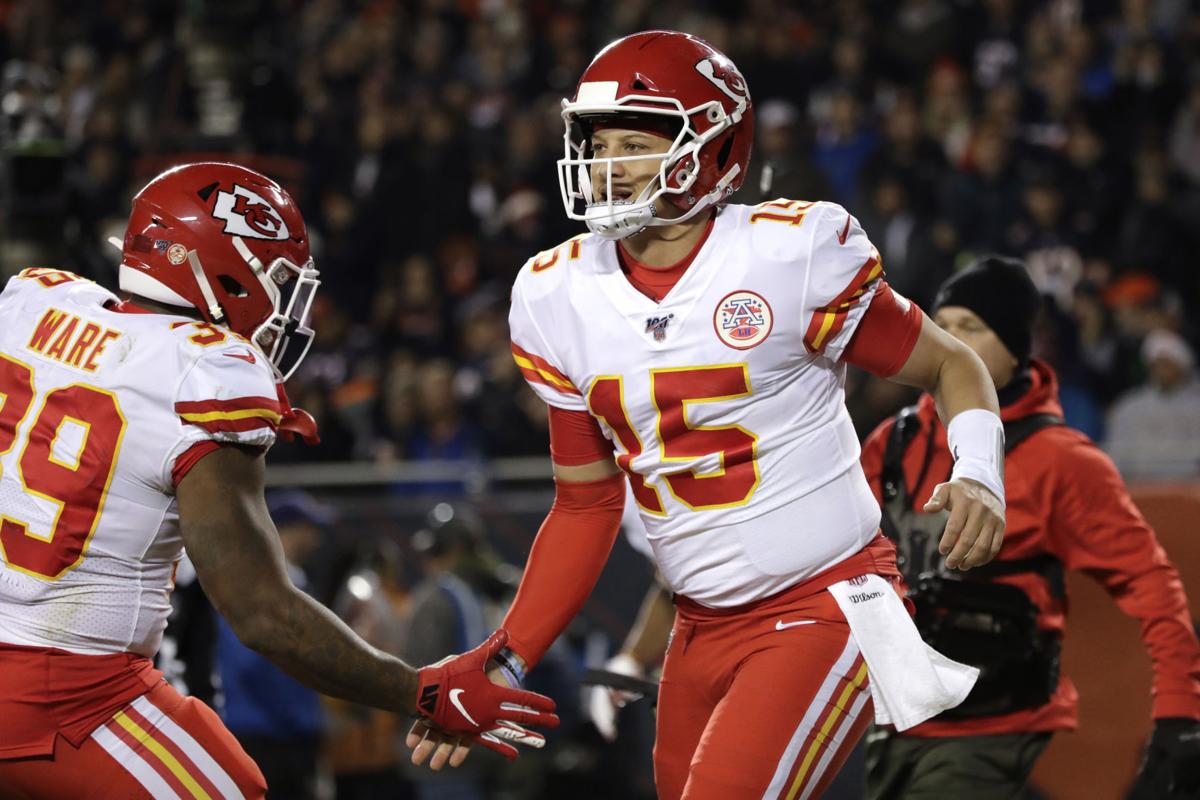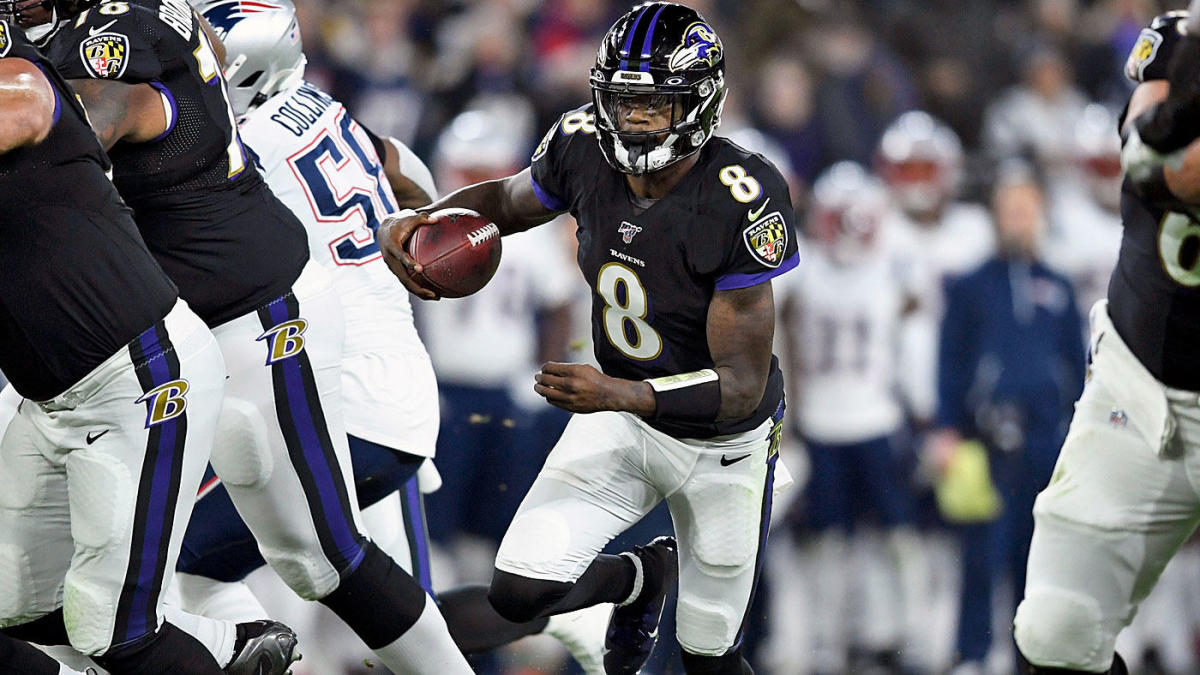When you play a lot of sport or lead an incredibly active lifestyle, there is only one thing you need to fear: severe injury. It can be a nightmare for those who lead an active life to end up completely debilitated. When you are used to working out all the time, you are also used to the buzz it gives you. Exercise is an addiction, after all, and you need those endorphins to lead your life. It’s no surprise, then, that as well as pain and debilitation, severe injuries can often lead to issues like depression. The big question is, what can you do if it happens to you? We’re going to take a closer look right now, so read on to find out more.
Dealing with the initial aftermath
The first step to take is to ensure you start the recovery process as soon as possible. However, it’s important to understand that rest and recuperation will play a major part of these initial stages. Listen to your doctor and the medical team that is looking after you. Don’t push too hard, too soon. You have to allow your body to heal enough before you start exercising again. It could be an extended period of rest, depending on the injury. So, be prepared for many other issues – including the emotional impact of suffering an injury.
Mental health problems
Severe injuries can affect your mental well-being in a several ways. First of all, suffering any damage can be a traumatic experience. You might go on to develop something like PTSD, which can become dangerous if left unchecked. It’s vital to talk to your physician if you are having intrusive thoughts, for instance. You also might be experiencing difficulties with dealing with your emotions. According to http://www.ncaa.org/health-and-safety, your injury can lead to depression, too. Don’t underestimate how low you can go. There have been cases of people attempting suicide after a severe injury has put an end to their promising career. While most people won’t go this far, when you slip into a depression it can be hard to see a way out. Again, ensure you are talking to professional, as well as communicating with your family support network.
The medical bills
You might have to face a lot of expense if you are injured playing a sport. Many people don’t realize that standard health insurance will not cover them if they engage in ‘risky’ sports like football. If you do play any contact sports, it is essential that you let your insurance provider know so they can adjust your plan. But what if you have no cover? Unless you have a significant sum of savings, it will be difficult to afford the treatment you need to make a full recovery. Your best bet is to contact a personal injury lawyer as soon as possible and assess whether anyone else was at fault. Building your understanding of the injury legal process and establishing whether you have got a case is always a good idea to help you decide on the best course of action for you to take. While legal action is never nice, if anyone is to blame, you deserve some compensation. And, without it, you might never be able to afford to get back to your best.
Getting back on track
Once your mind and body start to heal, you will be tempted to get back to full fitness as soon as possible. However, it’s important to understand that things may not be the same again. You might have to adapt your training schedules, and you could face having to give up your chosen sport. Knee injuries involving the ligaments, for example, might mean you need to avoid high impact sports. But, just because you can’t play one game does not mean you cannot achieve your fitness goals. It’s just that in this case, slow and steady might be the better option over fast, frenetic sporting action. Consider lower impact sports such as swimming to build up your strength. And take up physio – it can help you work your injured areas in a safe and efficient way.
The ongoing issues
Some injuries can take years to recover from. Even with the greatest medical attention, later on down the line, you could develop problems. Head injuries, for example, can seem to clear up, only to cause issues in your later life. You might think this is an issue for amateur athletes only. Not so, according to www.RobinsCloud.com/nfl-concussion-litigation. The litigation experts represent former NFL players who suffer trauma problems even in retirement. So, even with first-class equipment and medical care, it is still possible for a head injury to be problematic many years down the line. Be aware that even when you are feeling better, you will still need to be wary of injuring yourself again in the same place. With this in mind, your physician should help you devise an ongoing plan for your health and well-being long into the future.
Be inspired
A severe injury might well end up ending a bussing sports career, but it doesn’t have to end your life. In fact, there are many inspirational stories of people who have achieved incredible things after an injury. Some people have returned to full fitness after breaking their necks. Others have experienced losing limbs in war zones, but have gone onto to win medals at the Paralympics. There is inspiration everywhere, so no matter how hard you have been hit, look for these positive stories. Recovery is often about your mental strength as much as anything else. And some people in the world will have overcome challenges far tougher than yours.
Conclusion
While suffering a severe injury can be devastating, it’s not the end of the world. Things might have to change, but a positive mental attitude will help you get close to a full recovery, at the very least. Getting a recovery plan in place as fast as possible will help you focus on achieving small goals, step by step. And who knows? Perhaps your injury might not mean the end of your favorite sport after all?
Have you suffered from a nasty sports injury? If so, why not share your experiences in the comments section below?
